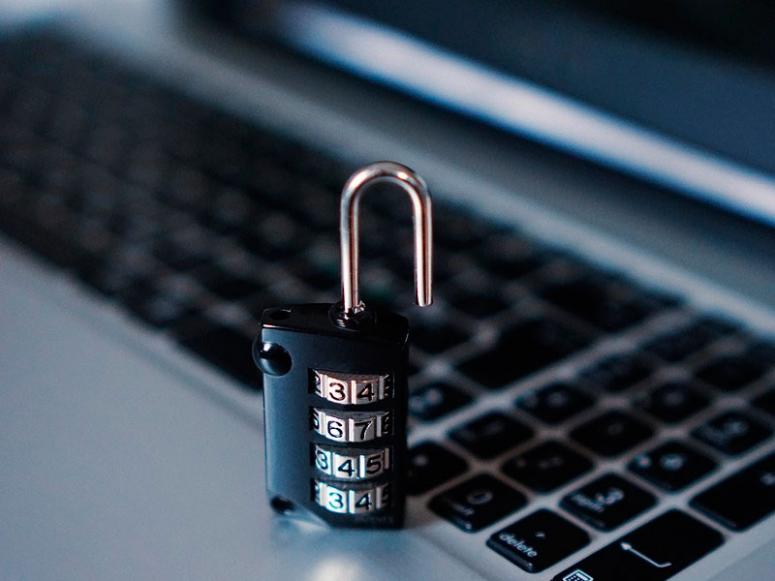Roskomnadzor creates a center for conducting exercises on blocking sites and services

Under the jurisdiction of Roskomnadzor, the enterprise FSUE “Main Radio Frequency Center” (HRPC) will create a department that will study the possibility of blocking various Internet services, according to Izvestia.
The new plans were announced by the head of Roskomnadzor, Alexander Zharov, who added that the center's specialists will be engaged in research and experiments to restrict access to the sites: “They are blocking all the resources that should be blocked if they violate the law.”
Zharov also said that the opening of the center is connected with the preparation for the entry into force of a number of new rules on the regulation of the Internet. These are, for example, amendments to the law “On information protection ...”, which oblige anonymizers and VPN services to filter traffic, preventing users from Russia from blocked sites in the country. If these services refuse to comply with the requirements of the law, it is proposed to block them themselves . Specialists from the new center will be engaged in, among other things, working out blocking anonymizers.
')
Employees of the center, among other things, will study the behavior of "violators trying to circumvent locks and disrupt the logic of the locking system." "They interact with companies that work in the field of information security, work out different scenarios of behavior of violators and prepare the corresponding scenarios of their behavior."
According to experts, blocking VPN services is easy. There are several ways to implement our plans. “The most effective tool for solving such problems is the DPI (deep packet analysis) system, which allows detecting the traffic of any application and service, including VPN and anonymizers,” said Nikolai Guzakov, technical director and founder of rdp.ru (engaged in developing DPI Internet filtering systems and systems).
The head of the Association of the Internet of Things, Andrei Kolesnikov, argues that DPI can be used, in particular, to automatically detect VPN services. However, in this case, useful services, including commercial ones, may be blocked. These may include communication channels of ATMs and banks.
Kolesnikov believes that the usual static blocking system can also be used for blocking, when Roskomnadzor manually enters all the IP addresses of denied VPN services into the routing table. But such resources will be able to get out of the filter by changing the IP address.
Source: https://habr.com/ru/post/357846/
All Articles